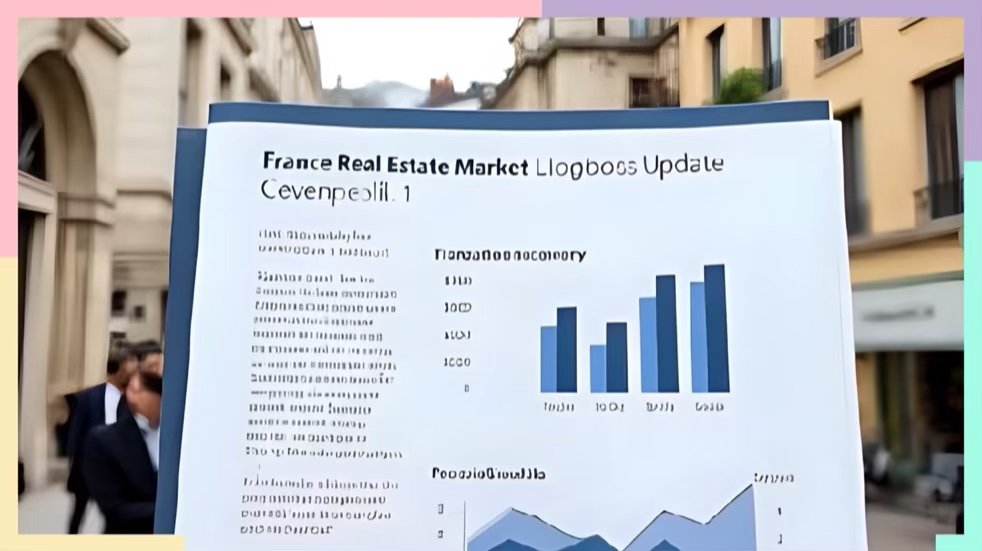The France’s real estate market is undergoing a significant transformation, marked by a recovery in housing transactions and a stabilization of prices. After experiencing a steep decline in sales over the past three years, the National Real Estate Federation (FNAIM) anticipates a rebound of approximately 11% in the number of transactions, bringing the total sales to around 940,000 for the current year.
A Rebound in Transactions
The France’s real estate market has shown signs of recovery following a decline of 33% in existing housing transactions from 2021 to 2024. The recent uptick in sales indicates that the second-hand real estate market is regaining balance, with the turnover rate of housing stock rising to 2.5%, which is close to its long-term average.
Interestingly, while the recovery is generally uniform across the country, certain regions, particularly in the North of France, have experienced a more pronounced increase in sales. This regional disparity highlights the varied dynamics within the French real estate market.
Price Stabilization
As transactions increase, the FNAIM reports that property prices are stabilizing, with a slight decrease of 0.6% recorded over the year as of June 1, 2025. However, some major cities continue to face significant price declines, with Nantes, Lyon, Paris, and Bordeaux seeing drops of 13%, 12%, 9%, and 8%, respectively. Despite these challenges, FNAIM President Loïc Cantin suggests that prices may rise by an average of 1% in the latter half of 2025, particularly if loan rates stabilize around 3% in the coming months.
Homeownership Challenges
Despite the positive signs in the transaction market, France is witnessing a concerning trend: a decline in homeownership. Over the past decade, the percentage of homeowners has decreased by about 1%, with the current rate standing at 57%. This decline raises alarms about the rental market, which is facing increasing pressure due to a dwindling supply, especially in major urban centers. The rise of long-term furnished rentals is further complicating the situation, reducing the availability of traditional rental properties.
The FNAIM emphasizes the urgent need to address energy renovation obligations, particularly as the deadline for energy indecency for housing rentals with an F-rated Energy Performance Certificate (DPE) approaches in 2028. Over 700,000 homes are at risk of being affected by these regulations, necessitating immediate action from both homeowners and policymakers.
Encouraging Rental Market Participation
To alleviate the pressures on the rental market, the FNAIM has proposed the establishment of a private landlord status aimed at incentivizing property owners to rent out their homes. This initiative includes a tax exemption on rental income for a period of 10 years, applicable to a defined tax bracket and a maximum of two properties per household after a 10-year holding period in bare rental. This exemption could be extended to 15 years if substantial energy renovations are undertaken or if new acquisitions are made.
The France’s real estate market is at a pivotal juncture, with a promising recovery in transactions and a stabilization of prices. However, the challenges of declining homeownership and a strained rental market cannot be overlooked. As stakeholders navigate these complexities, proactive measures will be essential to foster a balanced and sustainable real estate environment in France. Whether you are a potential buyer, seller, or investor, staying informed about these trends will be crucial for making informed decisions in the evolving landscape of French real estate.









